
Women's rights in Afghanistan have made major leaps in the 19 years since the Taliban were ousted but major issues remain
Credit: Jim Huylebroek
Afghan mothers will have their names printed on children’s national identity cards, after a presidential decree that was hailed by women’s rights activists, but is likely to face a significant conservative backlash.
Ashraf Ghani, the Afghan president, signed the legislation ending the practice of only including the father’s name on cards after a long campaign to change the law.
Activists say the step will start to strengthen legal protection of women’s rights and shift the perception that women and children are the property of their husbands and fathers.
Yet the measure has already been denounced by conservatives as a Western-backed assault on traditional Afghan family values. For them, women remain excluded from public life and it is shameful to even mention the names of female relatives.
Sediq Sediqqi, spokesman for the president, said: “According to this presidential decree, the mother’s name is officially included in the identity card along with all the individual details.”
The move is a victory for a social media campaign that has seen people try to break the taboo by mentioning the names of their mothers.
Gains made by Afghan women in the past 19 years since the Taliban were ousted are under scrutiny as the fundamentalist militants begin talks with Kabul on a political settlement to end their conflict. Many women fear the fragile progress of the past two decades will be betrayed to forge a deal with the Taliban, who forbade them from working or education during the 1990s. The Taliban say they have changed, but have given little concrete detail of any new stance.
Meanwhile the American embassy in the Afghan capital, Kabul, warned extremist groups were planning attacks on prominent women.
According to the embassy warning, "extremist organizations continue to plan attacks against a variety of targets in Afghanistan, including a heightened risk of attacks targeting female government and civilian workers, including teachers, human rights activists, office workers, and government employees".
The "Taliban don’t have any plans to carry out any such attacks," the group’s spokesman Zabihullah Mujahed told Associated Press.

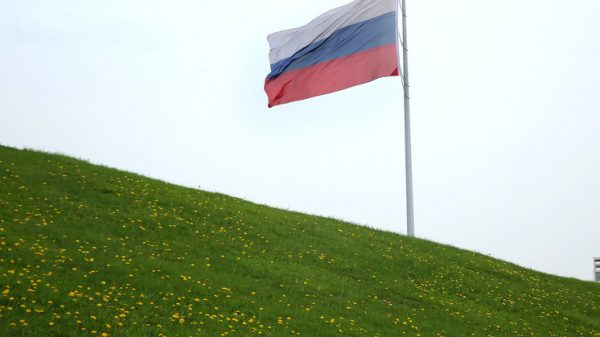
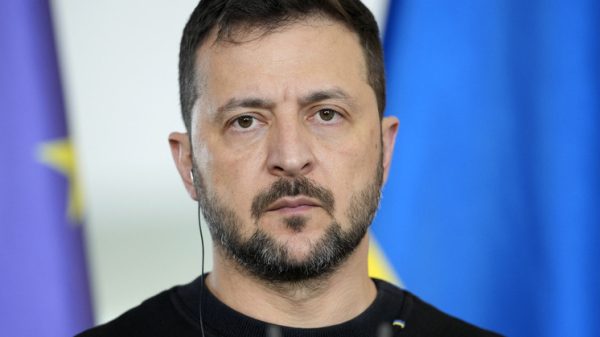

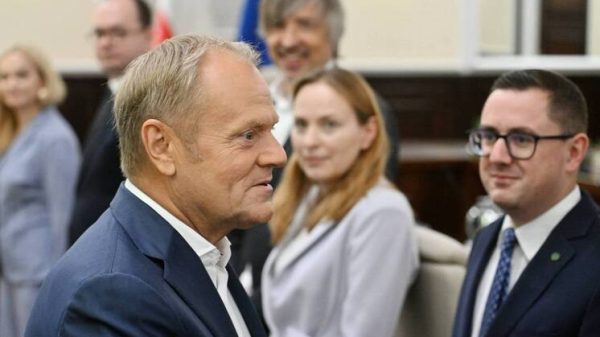








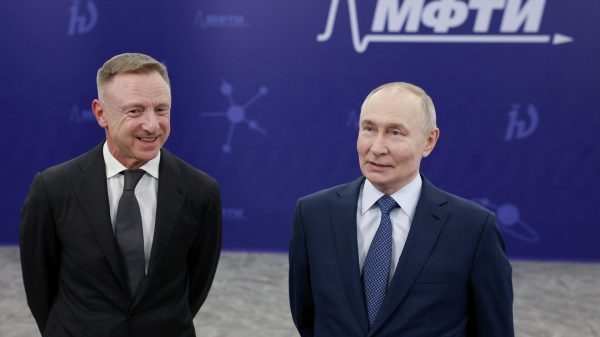


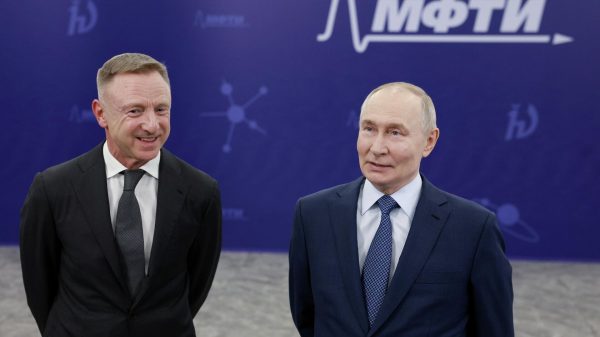






















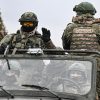










Свежие комментарии